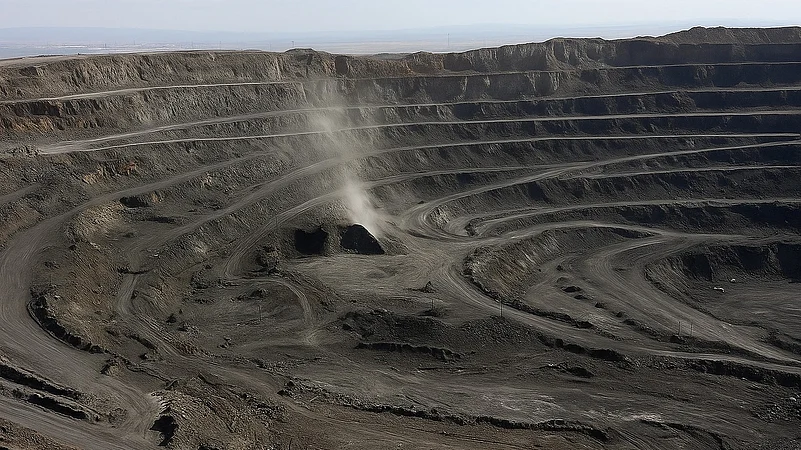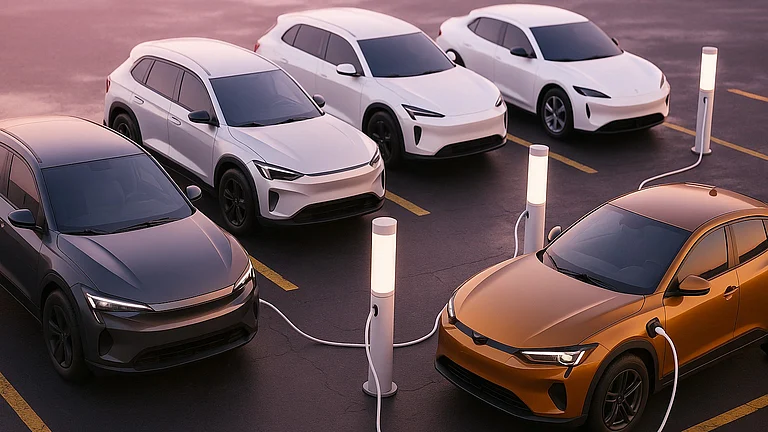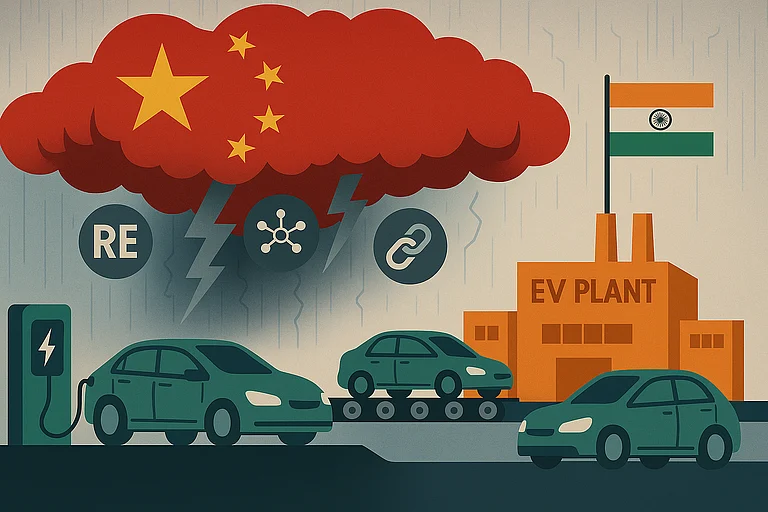China approved some export license applications for rare earth metals — critical components used in manufacturing of automobiles, semiconductors, mobile phones and a host of other industries.
The approval was granted due to growing demand for the medium and heavy rare earth elements in industries such as robotics and new energy vehicles, a spokesperson of the Ministry of Commerce told PTI.
Rare earth-related items have dual-use attributes for both military and civilian purposes, the spokesperson said, noting that imposing export controls on such items is in line with international practice.
The spokesperson said the controls aim to better safeguard national security and interests and fulfil international obligations of non-proliferation, which reflects China's commitment to "world peace and regional stability".
China will continue to strengthen the review of compliant applications and is ready to enhance communication and dialogue on export controls with relevant countries to facilitate compliant trade, the spokesperson said.
The announcement was regarded as significant as the US, EU, and India have been urging China to lift the restrictions amid growing concerns from industries facing shortages of these critical metals.
The shortages were so acute that Japan’s Suzuki has stopped production of its Swift model, according to reports from Tokyo.
It is not clear whether the approvals are applicable to India too.
The removal of restrictions was one of the prime issues that figured in Thursday’s telephone talks between US President Donald Trump and his Chinese counterpart Xi Jinping.
“There should no longer be any questions respecting the complexity of Rare Earth products,” Trump wrote on his Truth Social after his talks with Xi.
India, too, has taken up the lifting of the restriction with China, following growing concerns among automobile manufacturers about the scarcity of rare earth magnets, which are critical components in electric vehicles (EVs) and even some parts of traditional internal combustion engine vehicles.
Also, China's export restrictions on rare earths, especially germanium—a critical mineral used in the manufacturing of semiconductors, fibre optic cables and solar panels—have sparked concerns in India among the respective industries.
India’s Response to Rare Earth Export Curbs
In response to China’s export restrictions on rare earth elements, India is pursuing measures that strengthen its domestic production capabilities. The Indian government is planning to offer fiscal incentives for domestic production of rare earth magnets, hoping to reduce India’s dependence on shipments from China, which currently dominate 90% of global magnet processing, reported Reuters.
This initiative aligns with India's National Critical Mineral Mission, launched in April 2025, to enhance self-reliance in strategic minerals like neodymium, widely used in magnets for the automotive industry.
(With inputs from PTI.)


































